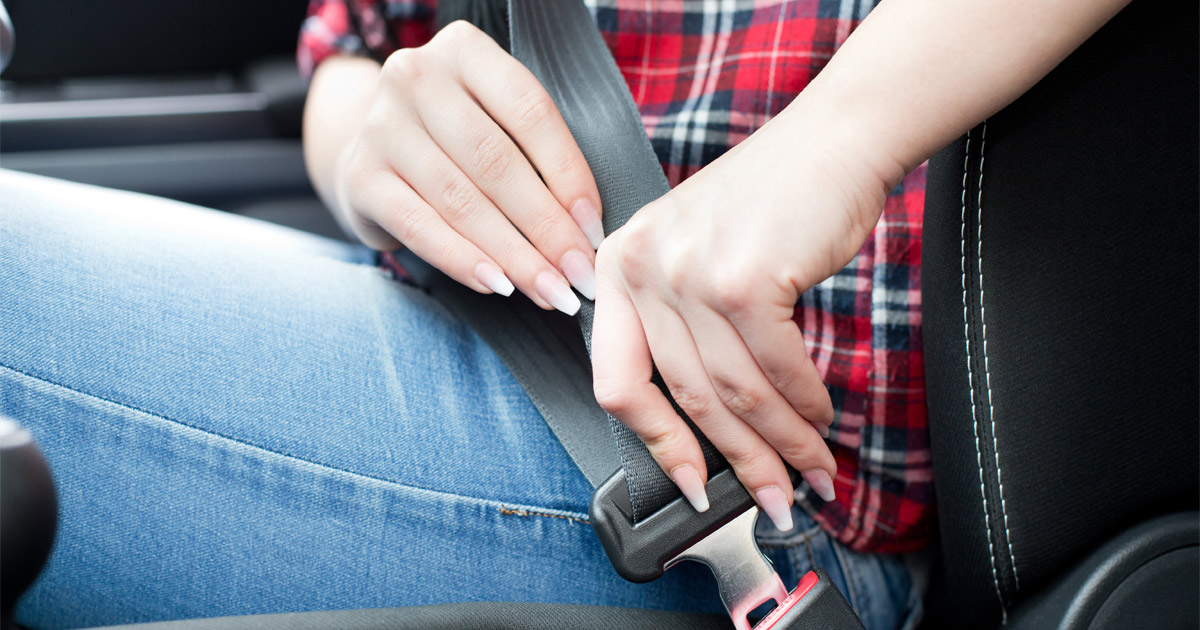
Getting a driver’s license is a great accomplishment. It is a major milestone that many teenagers in the United States anticipate with excitement and apprehension. However, all drivers have a duty to act in a safe and cautious manner to ensure the well-being of occupants and other drivers.
Most new drivers recognize driving hazards; yet, many teenage drivers are overconfident, which may cause them to make unwise decisions. In fact, teenage drivers are involved in a significant number of car accidents each year. In 2017, 17,321 teenage drivers were involved in motor vehicle accidents in Pennsylvania.
It is important for new drivers to learn safety tips. Practicing safe driving will reduce the likelihood of an accident.
What Should I Do Before I Drive?
Before venturing on the road, new drivers should do the following:
Prepare the Car: Make sure the car is up to date on its safety inspection. Check for tire inflation, traction, and wear. Confirm that the car’s lights and signals are working. Be sure that the car’s windows and mirrors are clean and that the mirrors are well-positioned to ensure good visibility. Look at the gas gauge to make certain that there is enough gas for the trip.
Check Driving Conditions: New drivers should attempt to hit the road when conditions are clear of weather issues and traffic. New drivers should refrain from nighttime driving until they are completely comfortable behind the wheel.
Avoid Impaired Driving: Drivers should not attempt to drive if they have been drinking or taking drugs, including prescribed medications that will impair driving. Medical issues and one’s emotional state can also impact driving. It is important to always be focused. If a person is distracted or impaired, they should not drive.
Fasten the Seat Belt: A new driver should follow the law and fasten their seat belt. It is one of the most important preparations for safe driving.
Get Comfortable: Adjust the seat, headrest, and steering wheel. Check all of the mirrors. Become familiar with the car’s controls before starting the ignition. Getting comfortable should include positioning the body and surroundings for better visibility.
Plan the Route: For the first few driving excursions, new drivers should stay on familiar roads and avoid busy highways. While driving, plan ahead as turns or exits approach, and allow plenty of time and room for lane changes.
What Should I Do While on the Road?
After the car is prepared and one is ready to drive, they should practice the following:
Watch Out for Motorists and Pedestrians: Keep a safe following distance and watch other drivers for unexpected maneuvers. Also, watch out for pedestrians, cyclists, and other road users.
Communicate: All drivers should signal lane changes and use hazard blinkers.
Obey Traffic Rules: Understand and follow signs, postings, and road markers. Become familiar with common road postings. This is part of the written test that must be learned in order to obtain a learner’s permit, but it is a very practical and a necessary part of safe driving.
Yield Appropriately: Know when to yield to other drivers. It is better to allow another driver to signal when it is one’s turn to proceed than to assume it is time to go. Get out of the way of emergency vehicles if their lights and sirens are engaged. Yield to pedestrians in crosswalks, and be mindful around school buses.
Maintain Speed: Drive within posted speed limits. Also, be aware of acceleration and braking speeds. Do not speed at intersections. If there is a yellow traffic light ahead, apply light pressure to the brake and glide to a stopped position.
Focus on Driving: Avoid distracted driving. In 2017, nine percent of teenage motor accidents involved distracted driving. Do not use a phone or adjust the radio while driving. While it might be fun for a novice driver to show off their new driving skills right away, they should avoid driving with friends at first. Statistics show that having passengers in the car doubles the risk of a being involved in a fatal crash.
New drivers should also consider driving lessons. A driving instructor can teach basic driving techniques and safety protocols.
What Should I Do After a Car Crash?
Even if a new driver practices safe driving, an accident can still occur due to the negligence of another driver. If a new driver is in a car accident, it is important to seek medical attention right away and collect evidence at the scene. It is also crucial to remember to keep medical records in case one wants to file a personal injury claim.
After receiving medical care, a victim should speak to a lawyer. A lawyer will help their client file a claim to ensure that they get compensation for medical expenses and property damage.
Pittsburgh Personal Injury Lawyers at AlpernSchubert P.C. Represent Injured Car Wreck Victims
If you are a new driver and you were hurt in a car accident, you may be eligible for compensation. Our Pittsburgh personal injury lawyers at AlpernSchubert P.C. collect damages for car accident victims. We understand that accidents can cause serious injuries and costly expenses. For a free consultation, complete our online form or call us at 412-765-1888. Located in Pittsburgh, we serve clients throughout western Pennsylvania, including Allegheny County, Lawrence County, and Washington County.
